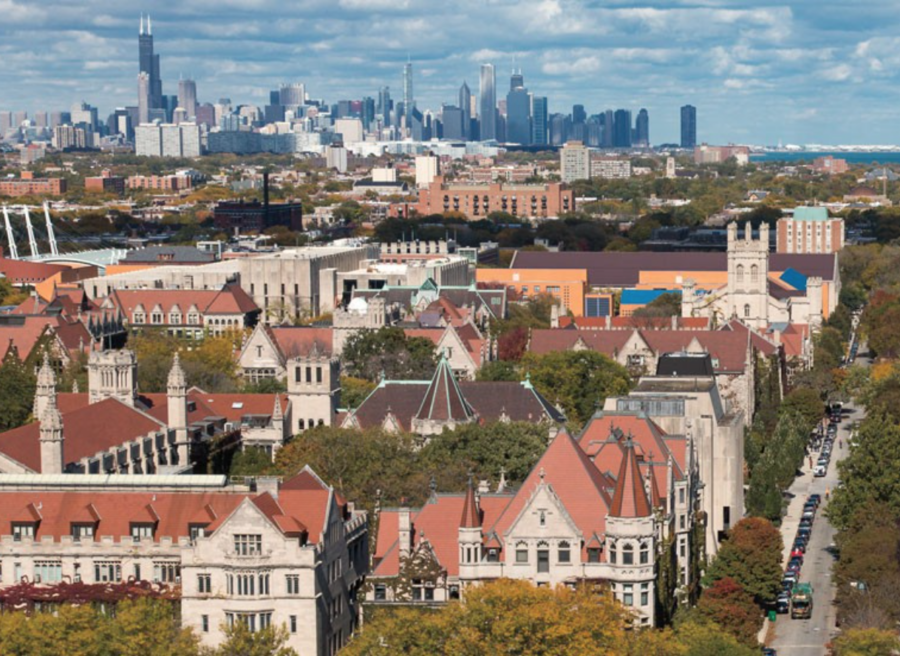The University of Chicago is among 16 major universities being sued for antitrust violations regarding the way they determine financial aid amounts, resulting in a higher net cost of attendance for students across the country.
According to a lawsuit filed in Illinois federal court on Sunday, January 9, the defendants—all private, national institutions—participated in a price-fixing cartel in which they used a shared formula to calculate a student’s ability to pay. Their determination of how much each student could pay in turn affected the amount of financial aid given, which inflated the net price of attendance.
The plaintiffs are a group of five former undergraduate students of Duke University, Vanderbilt University, and Northwestern University. The lawsuit, a class action complaint, seeks to represent all U.S. citizens or permanent residents who received partial need-based financial aid packages as a student enrolled at one of the 16 named schools since 2003.
It alleges that the schools have overcharged more than 170,000 financial aid recipients by hundreds of millions of dollars, violating Section 1 of the Sherman Act.
In 1994, Congress exempted universities and other higher education institutions from federal antitrust law under the condition that they maintained need-blind admissions processes. This exemption allows universities to share and collaborate on financial aid formulas, which would otherwise constitute an antitrust violation.
Since the passage of that exemption, need-blind schools have collaborated on a common formula for determining financial aid through a body known as the 568 Presidents Group. The group describes itself as “an affiliation of colleges and universities, all of which must admit students on a need-blind basis.” UChicago joined the group in 1998, adopted its consensus formula in 2003, and left the group in 2014.
The suit alleges that nine of the defendants disqualified themselves from the exemption by taking wealth into account for admissions, whether by giving preferential treatment in the admissions process to children of wealthy donors or by taking wealth into account for admitting students off waitlists or for specific programs.
Those nine defendants are Columbia University, Dartmouth College, Duke, Georgetown University, the Massachusetts Institute of Technology, Northwestern, the University of Notre Dame du Lac, the University of Pennsylvania, and Vanderbilt.
The complaint alleges that the remaining seven defendants, including UChicago, “may or may not have followed a need-blind admissions policy throughout the Class Periods, but during at least some portion of the Class Periods, they conspired with the other Defendants to reduce financial aid and increase the net price of attendance for their students.” The suit lists UChicago’s class period as lasting from 2003 to 2014, throughout which the University adopted the 568 Presidents Group’s shared formula for determining financial aid.
UChicago has long touted its need-blind admissions process for U.S. citizens and permanent residents. CBS News ranked the University as the most expensive in the country, and the full cost of annual attendance—three quarters of tuition and housing—is $82,848 for 2021–22. The University’s average cost of attendance after aid for the 2019–20 academic year was $36,584, according to the U.S. Department of Education.
The University declined to comment on the ongoing lawsuit in its email to The Maroon.
Former undergraduate students who received partial financial aid at the listed schools are eligible to sign on as potential plaintiffs of the lawsuit, according to lawyers representing the plaintiffs. Students and families can fill out the form at 568cartel.com or email CollegeFinancialAid@bm.net.
Kate Mabus contributed reporting.
Federal Antitrust Suit Against Top Universities by Chicago Maroon on Scribd









